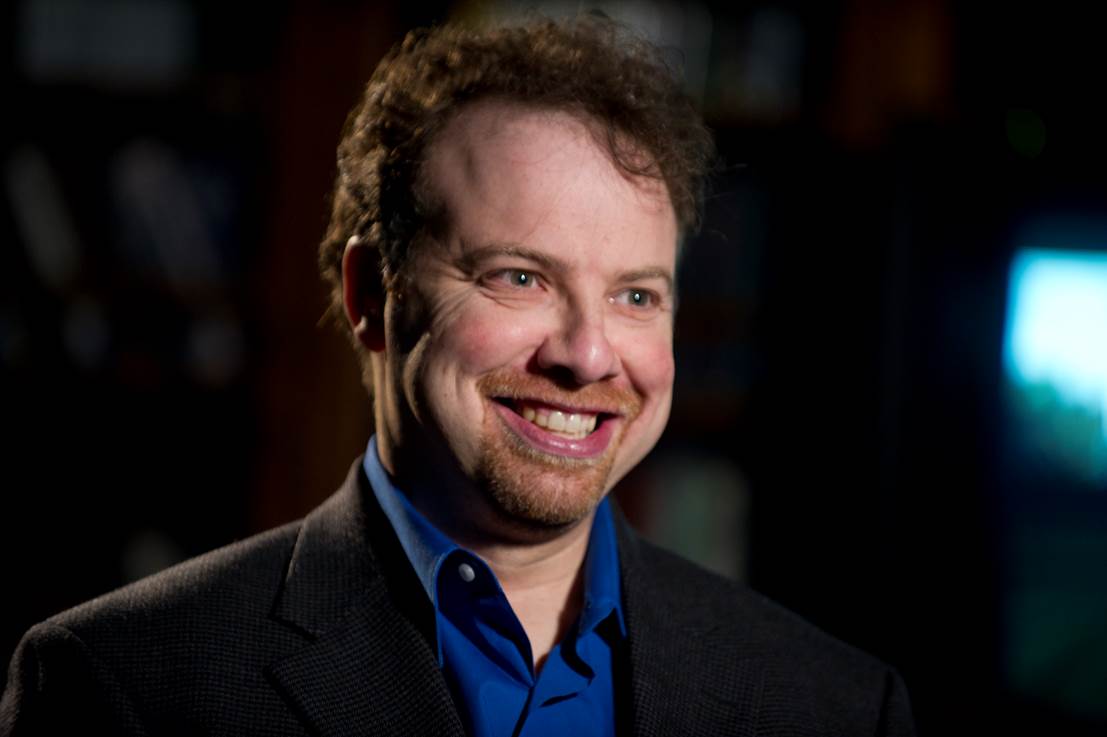2015 Fall Neff Public Lecture

In 1929 Edwin Hubble discovered that our Universe is expanding. Eighty years later, the Space Telescope which bears his name is being used to study an even more surprising phenomenon, that the expansion is speeding up. The origin of this effect is not known, but is broadly attributed to a type of "dark energy" first posited to exist by Albert Einstein and now dominating the mass-energy budget of the Universe. I will describe how our team discovered the acceleration of the Universe and why understanding the nature of dark energy presents one of the greatest remaining challenges in astrophysics and cosmology.
Refreshments to be served at 4 pm in the foyer.
Interview of Nobel Laureate Astrophysicist Adam Riess by KMAN News
Perspective Interview by Richard Baker (Audio)
---
Adam Riess is the Thomas J. Barber Professor in Space Studies at the Krieger School of Arts and Sciences, a distinguished astronomer at the Space Telescope Science Institute and a member of the National Academy of Sciences.
He received his bachelor’s degree in Physics from the Massachusetts Institute of Technology in 1992 and his Ph.D. from Harvard University in 1996.
In 2011, he was named a co-winner of the Nobel Prize in Physics and was awarded the Albert Einstein Medal for his leadership in the High-z Supernova Search Team’s discovery that the expansion rate of the universe is accelerating, a phenomenon widely attributed to a mysterious, unexplained “dark energy” filling the universe. The discovery was named by Science magazine in 1998 as “the Breakthrough Discovery of the Year.”
His accomplishments have been recognized with a number of other awards including a MacArthur Fellowship in 2008, the Gruber Foundation Cosmology Prize in 2007 (shared) and the Shaw Prize in Astronomy in 2006.